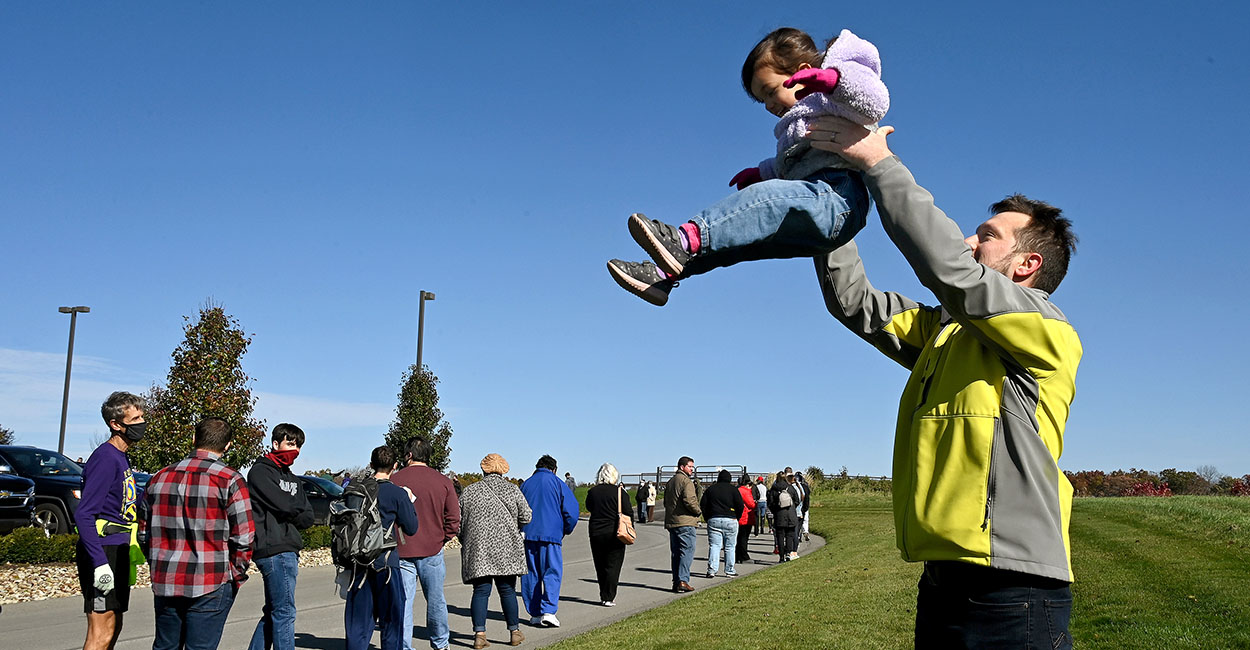The only people who support socialism are the uneducated/ignorant who have never lived under it and never studied it.

 www.dailysignal.com
www.dailysignal.com
Educated/experienced people want no part of socialism. They understand it is a failed ideology.The most dramatic shift happened in the state of Florida, where the Hispanic population consists of a large number of Cubans and Venezuelans. Despite the rise in socialist popularity among our youth, those with the most direct personal experience with left-wing government came out hard against it.

Racial Divisions May Be Trounced With Potential Rise of Normal Coalition
A Republican Party focused on moving beyond harmful racial divisions and improving the plight of working Americans now seems possible.


